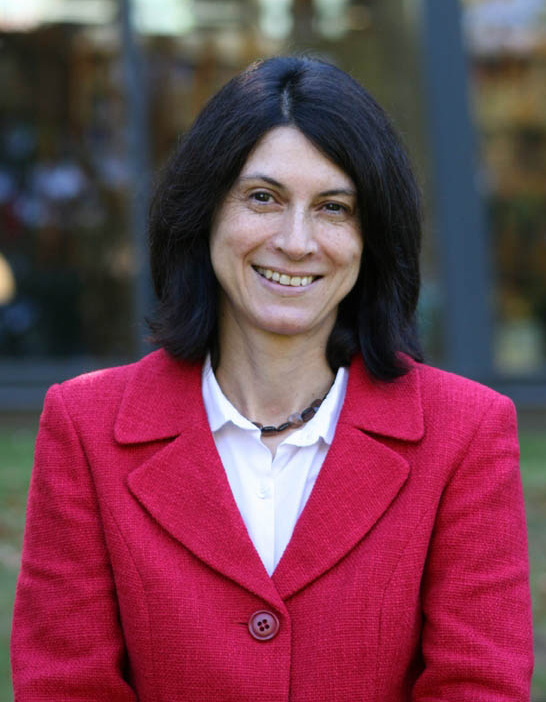
Recent insights from educational neuroscience provide a new perspective on key factors in child development, such as cognitive and non-cognitive skills, pedagogy and wellbeing.
Usha Goswami’s keynote speech provided an overview of how cognitive neuroscience is changing our understanding of the underlying mechanisms of child development, of optimal learning environments, and of the sensory/neural basis of learning difficulties.
Using language development in children as an example, Professor Goswami focused on key factors in children’s development of a structured language system that can support the acquisition of reading.
For example, we now know how important rhythm is in teaching young children to speak. Using the analogy of fireflies lighting up in sync, Professor Goswami explained how the neural response of brainwaves to hearing rhythmic patterns shows that rhythm helps babies make sense of the words they are hearing.
For children with reading difficulties like dyslexia, using rhythm-based learning interventions can help the dyslexic brain ‘keep time’ better when recognising rhythm patterns in speech.
The keynote speech also illustrated that children’s language learning is inherently social, and cannot be replicated using technology. For example, babies can learn to recognise language differences in a live setting, but not from watching videos. This throws doubt on how much we can expect new technologies to replace high-quality face-to-face teaching.
Professor Goswami also addressed whether educational interventions should target the causes or effects of learning difficulties such as developmental dyslexia, and discussed how child development can be optimised by paying attention to the quality of the learning environments provided at home, at school and in the wider culture.
Speaker biography
Usha Goswami FBA is Professor of Cognitive Developmental Neuroscience at the University of Cambridge and a Fellow of St John’s College, Cambridge. She is also founding Director of the Centre for Neuroscience in Education.
After training as a primary school teacher at the UCL Institute of Education, she decided to pursue research in child psychology, taking a DPhil. in Psychology at the University of Oxford.
Usha has worked on reasoning by analogy (structure mapping), and on reading and developmental dyslexia across languages. Most recently, she has been studying the neural mechanisms underpinning language encoding by neuroelectric oscillations, and relationships to the amplitude modulation structure of infant- and child-directed speech.
Her goal is to understand the brain basis of dyslexia and speech and language difficulties, and the potential utility of assistive listening technology, coupled with music-and rhythm-based behavioural interventions.